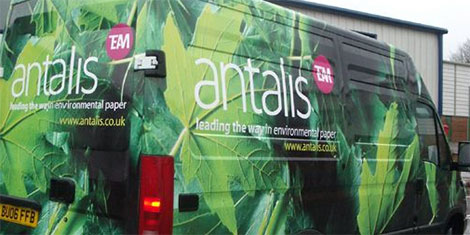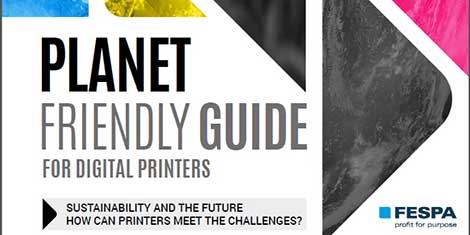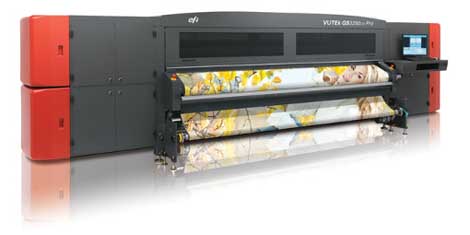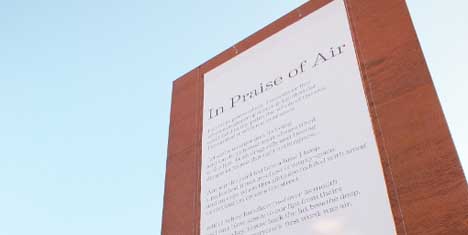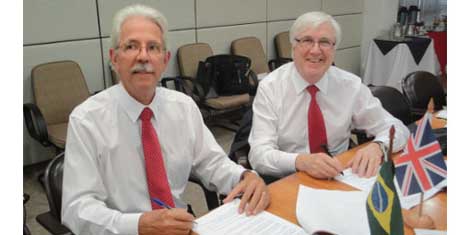
Created in the UK in 2012, Two Sides is the most important global campaign for promoting the sustainability of print and paper. Already present in major European countries in addition to the United States, Australia and South Africa, this campaign now comes to Brazil. “By joining this campaign, we take part in the most successful global initiative for promoting the sustainability of printed communications. We will work resolutely in order to show that we carry out an activity which is essential to people's lives and to the proper functioning of society. Not to mention how important our productive chain is in the generation of jobs, incomes, technologies and other added values”, declares Fabio Arruda Mortara, President of the Brazilian Graphic Industry Association (Abigraf) and the São Paulo State Printing Industry Union (Sindigraf-SP).
Organised by Sindigraf-SP, the launch was attended by the Director of Two Sides UK, Martyn Eustace. “To have Brazil join the Two Sides network is fantastic news. In 2013 alone, Brazil produced 15 million tons of pulp and 10.4 million tons of paper. It is now one of the world’s fast growing economies and with ambitious new pulp and paper projects planned and in production, Brazil is fast becoming a global leader in forest products. It’s exciting to be able to add the fantastic sustainability story of this country to the facts which Two Sides communicates about the paper and print industries worldwide” says Eustace.
The signing of the Protocol of Intent took place at the FIESP (São Paulo State Industries Federation) headquarters, in São Paulo, where the protocol was also signed by 42 associations which represent the various segments of the industry. In total, these associations represent over 80,000 companies generating 615,000 direct jobs and with a turnover of approximately 40 billion USD. The National Newspaper Association (ANJ), the National Magazine Editors Association (ANER), the Brazilian Association of Companies with Rotating Offset (ABRO) are some of the entities backing up this initiative.
In order to engage in an illuminating dialog with society and raise the awareness of opinion leaders, public authorities, educators, suppliers and consumers of printed products, Two Sides is preparing several actions. The first action is the publication and distribution of the booklet “Print and Paper – Myths and Facts”, with scientific contents backing up the sustainable aspect of the print industry. In May, the campaign website will be launched. Advertisements will also be launched for various audiences. “As the campaign progresses, the adverts will be customized and adjusted to the Brazilian reality”, says Mortara. Another action will the fight directed at specific public/private messages and initiatives which mistakenly associate printed communications with a lack of sustainability.
For people who find it unusual that a campaign praising print will be developed on-line and broadcast on the radio and on TV, Mortara explains that there is no contradiction and that aggressive competition between printed and electronic communication must be fought against. “The growing number of media channels favors the propagation of knowledge and information for all and the more the population becomes educated, the more the people will access the Internet and consume newspapers, magazines and books. In this changing media landscape, Print will not be annihilated by electronic media, rather it will remain, we believe, a vital and preferred means of communication”, advocates the President of ABIGRAF.
This is backed up by Pesquisa Brasileira de Mídia 2014, a survey released in February by the Federal Government's Social Communication Department, which shows that the use of newspapers, magazines and the Internet - all three of them! - increases in accordance with the income and education level. “Two Sides reinforces the notion that the printed media is and will continue to be attractive, practical and sustainable, in addition to being supremely reliable.
